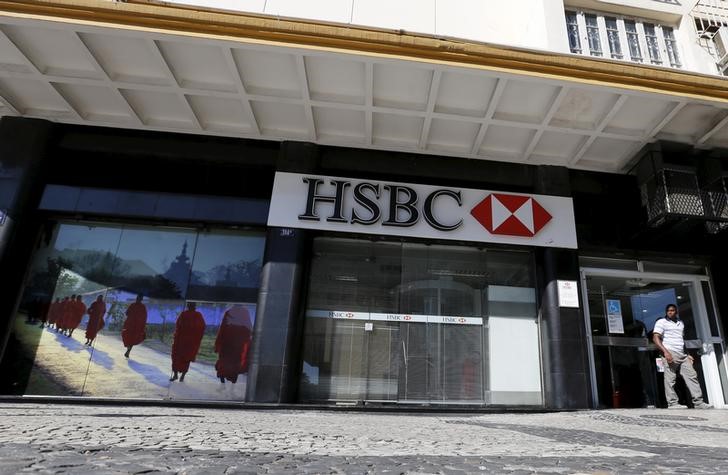
© Reuters.
HSBC Holdings (NYSE:), the biggest financial institution in Europe, reported a considerable upward thrust in Q3 pre-tax benefit to $7.7 billion, marking a 240% building up from the former 12 months’s $3.2 billion. This expansion was once attributed to emerging rates of interest however fell in need of the predicted $8.1 billion, because the financial institution faces drive to assuage traders who’ve been affected person for returns.
The financial institution additionally introduced a brand new proportion buyback plan value $3 billion, set for of entirety via February. This transfer will deliver general buybacks this 12 months to $7 billion. Along with this, HSBC issued a 3rd meantime dividend of 10 cents consistent with proportion, culminating in a complete payout of 30 cents consistent with proportion for the present 12 months.
In spite of those promising figures, HSBC forecasts a 4% value building up because of escalating tech and operational bills and possible workforce bonuses for This fall. The financial institution additionally recorded a $500 million impairment associated with mainland China’s business actual property sector.
HSBC’s internet passion margin stood at 1.70%, appearing indicators of pressure as consumers shifted their deposits to time period merchandise. The financial institution’s operations in Asia had been highlighted, in conjunction with issues over the unsure financial outlook of the United Kingdom.
This monetary efficiency comes amid an atmosphere of emerging rates of interest because of central financial institution hikes towards cussed inflation. This local weather allowed for the percentage buyback and meantime dividend payout, despite the fact that features had been moderated via larger tech prices and the impairment price hooked up to China’s risky business actual property sector.
HSBC is carefully tracking those exposures, in particular relating to China Evergrande (HK:), which is going through a winding-up petition in a Hong Kong courtroom over its considerable debt of $300 billion. The financial institution has expressed apprehension about the United Kingdom’s financial long run.
This text was once generated with the strengthen of AI and reviewed via an editor. For more info see our T&C.